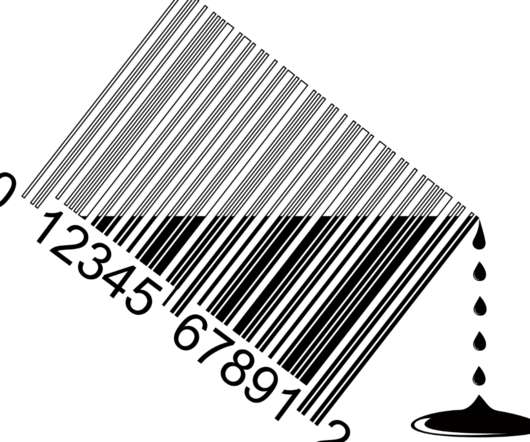How 1-Time Passcodes Became a Corporate Liability
Krebs on Security
AUGUST 30, 2022
The missives asked users to click a link and log in at a phishing page that mimicked their employer’s Okta authentication page. Those who submitted credentials were then prompted to provide the one-time password needed for multi-factor authentication. Image: Cloudflare.com.











Let's personalize your content